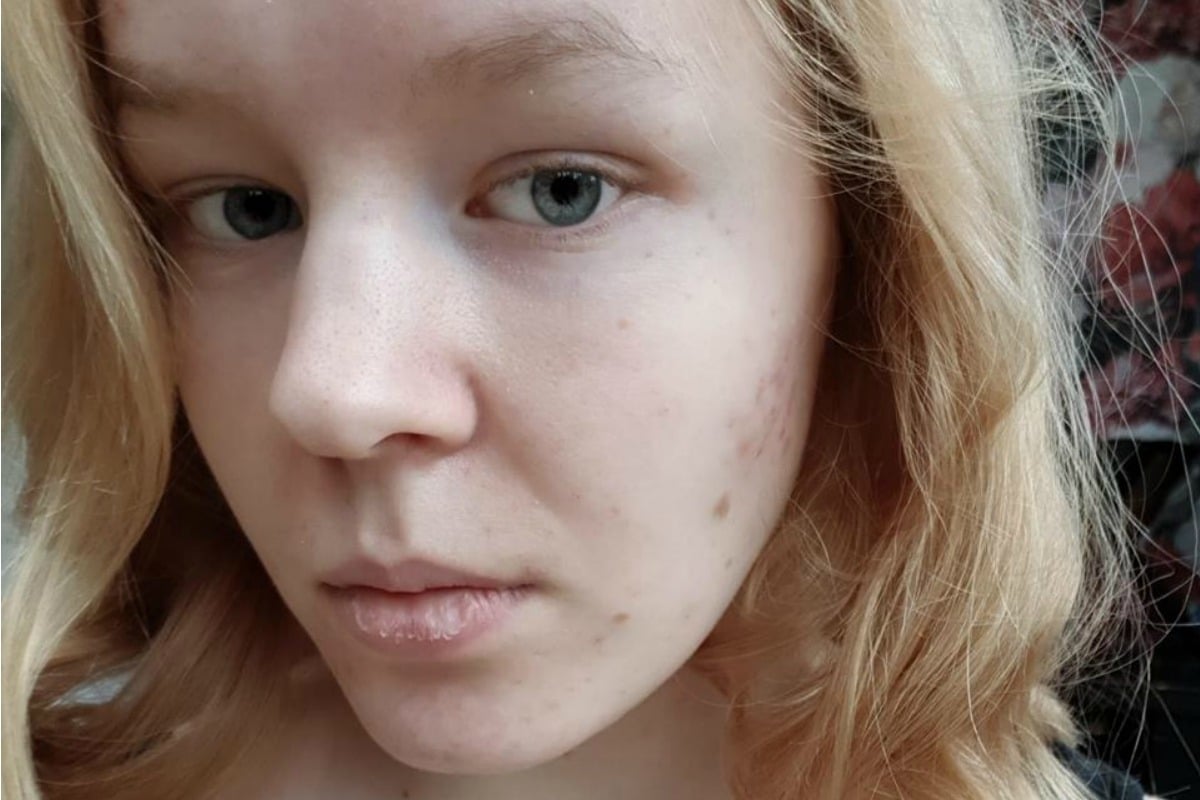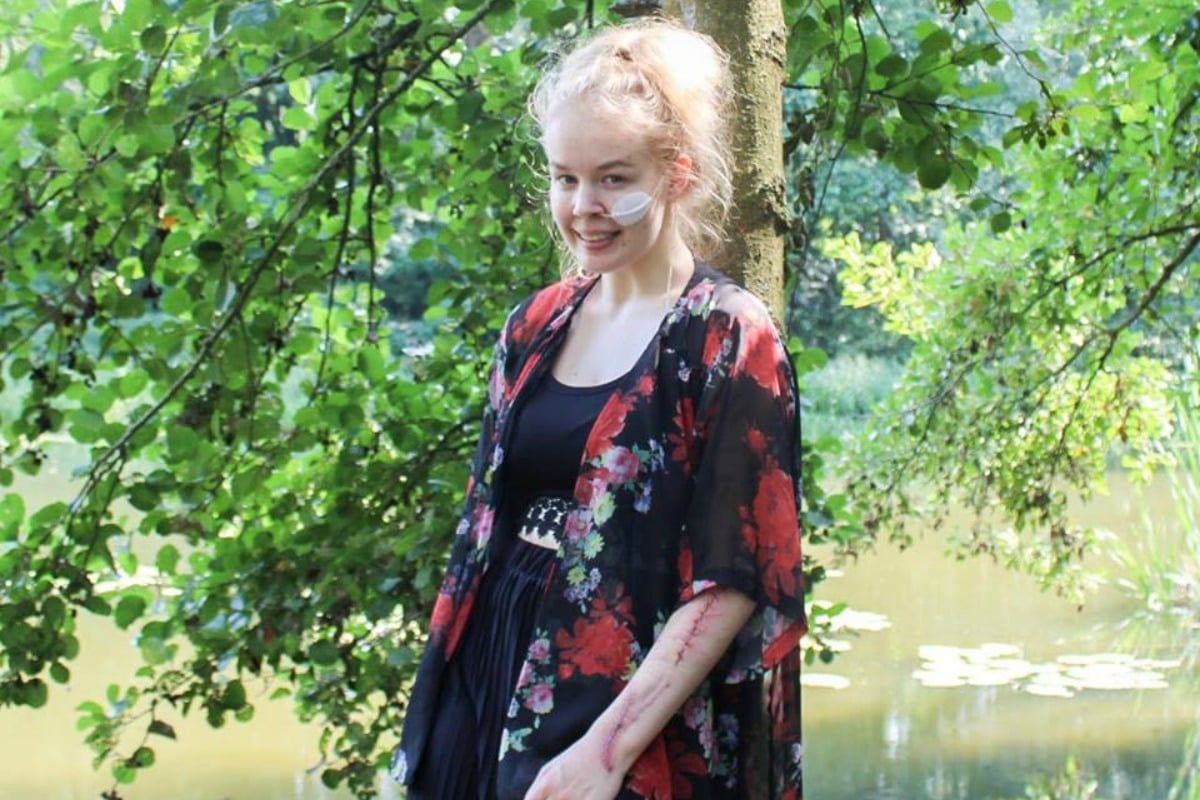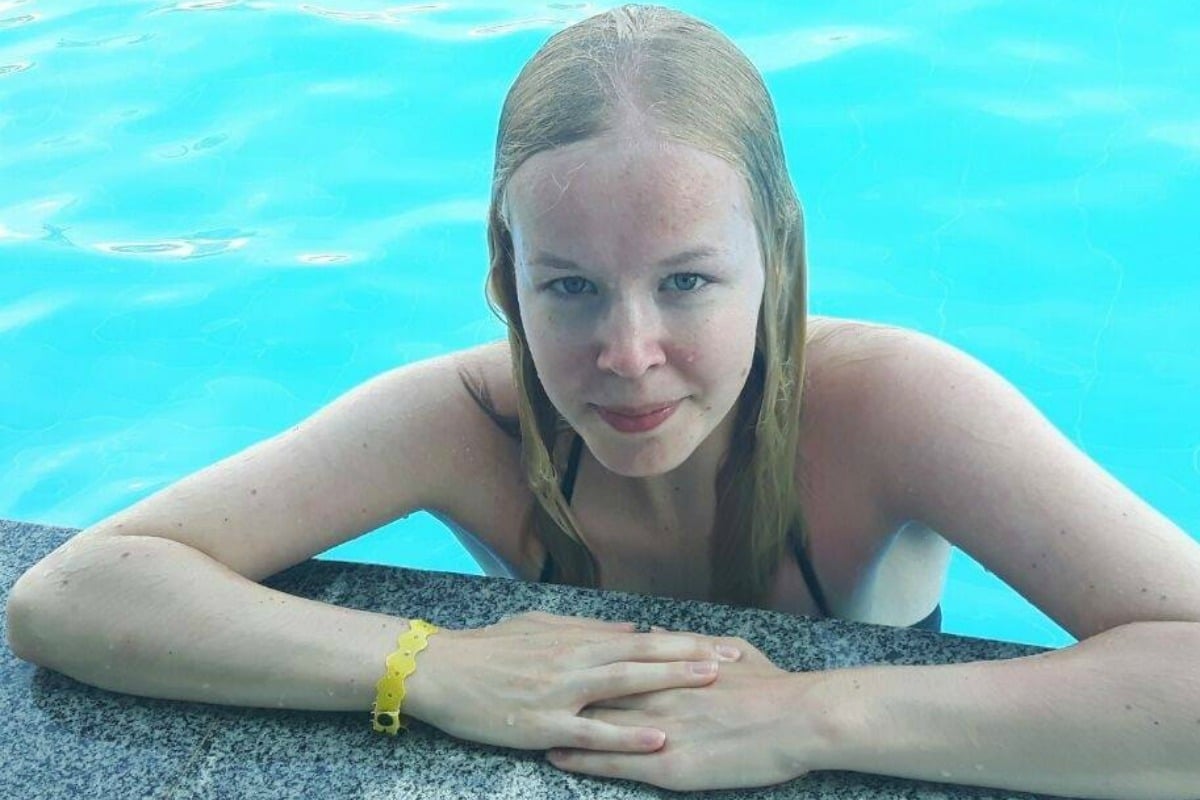
NOTE: This story has been edited from its original form.
Warning: This article deals with an account of an eating disorder, rape/sexual assault and mental health and may be triggering for some readers.
On Sunday, 17-year-old Dutch teenager Noa Pothoven died.
Reports worldwide attributed the case to ‘legal euthanasia’, but a statement from Noa’s friends confirmed it was not euthanasia, the Guardian reported on Wednesday night.
Noa, from the eastern Dutch city of Arnhem, died in her bed at home, but the teen had previously contacted end of life clinics for help.
The Guardian stated her parents and doctors reportedly agreed not to force-feed her. Dutch medical guidelines state that if a patient does not consent, care providers may not provide treatment or care.
Noa said in her final social media post on Saturday that she “breathes but no longer lives” after being sexually assaulted and raped three times, first when she was 11. These assaults had led her to develop post-traumatic stress disorder, depression and anorexia.
“After years of battling and fighting, I am drained,” Noa wrote in her native Dutch on Saturday. “After many discussions and evaluations, it was decided to let me go because my suffering is unbearable.”
Noa Pothoven’s story.
For years, Noa kept her trauma a secret.
Up until age 11, she had been a good student and a happy child. Then, seemingly overnight, Noa changed. She began to starve herself and her parents were totally in the dark as to why. They would not find out for years.



Top Comments
I’m pro-choice for people doing what they want with their bodies, but all I’m getting from this is that she stopped trying and the people around her stopped pushing. I don’t deny she had trauma, but recovery takes time she didn’t give herself time.
You can’t force someone to live when they don’t want to. And for some people the ‘recovery’ is too traumatic to bear, and it kills them. That’s what happened here. None of us can judge what she was going through from an article.
Eating disorders have a 1 in 5 mortality rate, and unfortunately she was the 1. Please don’t ever imply that that is due to some failure on the victims part. If anyone is to blame here it is the men who assaulted her.
Do some more research. She did not die by legal euthanasia. She died because she was starving herself to death, was in the hospital, was on life support, and her family decided to comply with her wishes by not keeping her on life support. She had applied for legal euthanasia but was denied by the doctors because of her age. They suggested she keep trying various therapies to try to heal. Please don't spread the myth that the Netherlands is legally permitting depressed teenagers to have assisted, legal suicide.
I’m wondering how it was so widely reported wrongly. Not good, some basic fact checking along the line would have been good. 😠
Thanks to Chelsea McLaughlin for correcting and clarifying the article. What happened with Noa is tragic, but it's a story about the abuse of a girl, her subsequent severe psychological suffering, and suicide. This is a tragic story that is playing out all over the US, too, with suicide rates of people between the age of 15-25 increasing more than 30% over the last 10 years. The reason the story about Noa has gotten international interest is because of the "legal euthanasia" angle, which turns out to not be true.